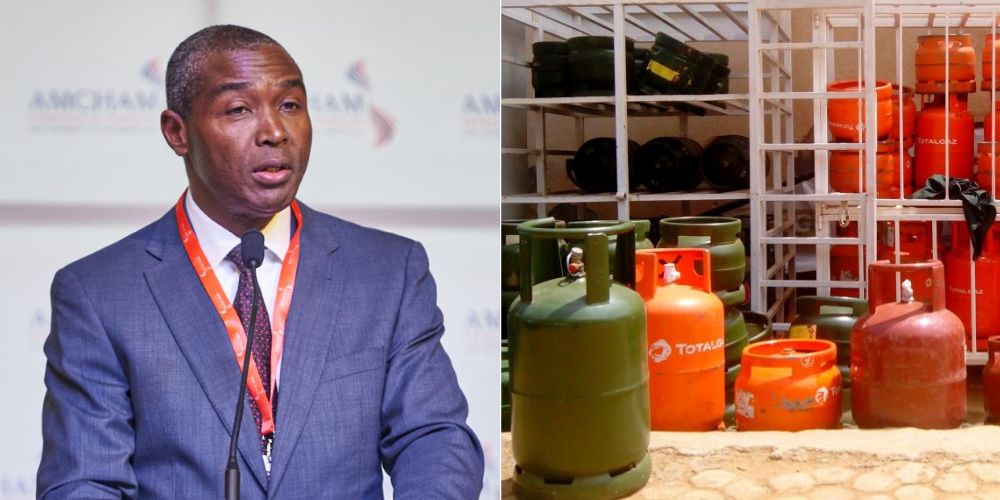Poor Investments In LPG Infrastructure Disrupting Cooking Gas Supply To Nigerians— NLNG CEO
Cooking gas is gradually becoming a luxury with prices rising to over N15,000 for 12 kilograms but the Chief Executive Officer of Nigerian Liquified Natural Gas Ltd, Philip Mshelbila, said shortage of infrastructure is limiting the company’s ability to flood the market with Liquefied Petroleum Gas (LPG).
Mshelbila gave the explanation on Tuesday in a monitored interview.
Advertisement
The CEO said NLNG has nurtured the ambition to be a globally competitive LNG company that is helping to build a better Nigeria.
“For us, the second part around helping to build a better Nigeria is something that we hold very closely to our heart. Part of it is what can we do to improve the lives and livelihood of Nigerians.
“We produce a number of different products from our plant. There is the Liquefied Natural Gas which is the main product that we export but there is also the Liquefied Petroleum Gas which is LPG and then condensates,” he said.
LPG is not just one product as it is a combination of butane and propane which is part of the mix of the company.
Advertisement
He explained that “butane is what we mainly use in Nigeria’s cooking gas. Propane can be used as cooking gas but it is also used for other things like transportation, power generation and can be used in petrochemical industry
“Since 2007, part of that we were exporting the LPGs but in 2007, we started domesticating the LPG and we have been increasing the volume we have been domesticating into the Nigeria market since then.”
As the need to ensure energy security heightened, the NLNG introduced the Domestic LPG Supply Scheme in 2007 and in 2022 pledged to domesticate 100 per cent of LPG production.
As of February 2024, the NLNG said it is producing upwards of 1.5 million metric tons of LPG.
Earlier in the month, February 22, 2024, the federal government suspended export of LPG.
Advertisement
Mshelbila said, “In 2022, we took a decision that we were actually going to domesticate 100 per cent of our production. We have succeeded in doing that at least for butane because there is a huge market for butane. We have ranged between 30 and 40 per cent of the overall supply into the Nigerian market.
“Propane has been a bit more difficult not because we are not willing to supply it into the domestic market, but because the infrastructure and the facilities to receive that propane is not fully in place and so we do send as much as we can but from time to time, we have to actually export some propane.
“This is something that we are working with partners in the market to try and put in place the infrastructure that is needed so that we can fulfil our own commitment to domesticate 100 per cent and that is our aspiration.”



